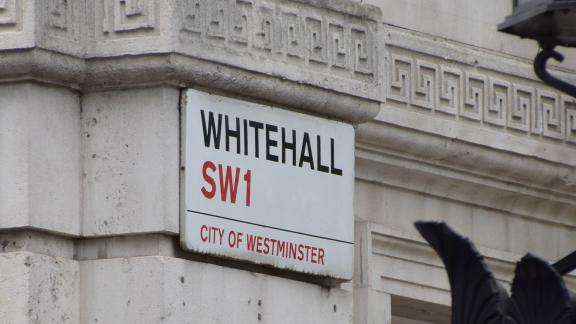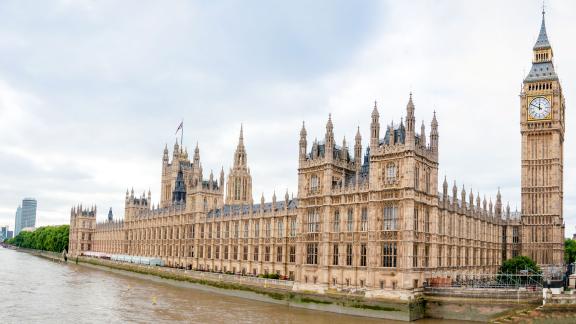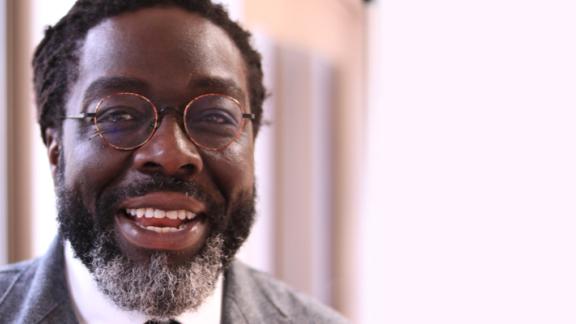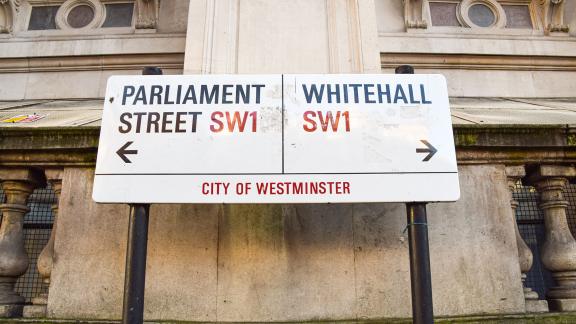Seizing a golden opportunity
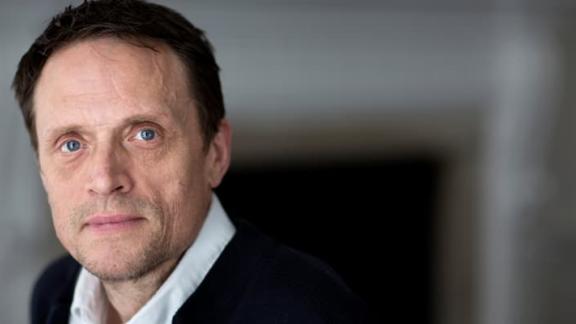
Building from agreement and demonstrating impact are critical to the success of NHS reform. There is a case for the NHS Confederation hedging its bets but, surely, it’s worth pursuing the big prize?
Three weeks into my job at the Confed I still find myself bouncing between awe and trepidation. Awe for the commitment and insight of the NHS leaders I have met in one-to-ones stretching (virtually) from the North East to the South West. Trepidation at the complex task, not only of leading the Confed but strengthening even further its capacity to be a force for good in the NHS.
At this stage many of my reactions are intuitive rather than fully informed. What matters is not making up my mind, but keeping it open. But there is one hunch I brought into the role about which I feel more certain.
Heading in the right direction
In politics, the media and even gossip, bad news and pessimism travel further and faster than good news and hope. Evolutionary psychologists suggest this is because the former served as a warning function, alerting us to genuine risks such as approaching predators. Unfortunately, like many other evolved responses, this one is ill-suited to modern needs. From crime to teenage pregnancy, surveys show we have an exaggerated view of the scale of social problems, something that can be an impediment to rational debate and good policymaking.
In a similar vein, criticising the actions and motives of those in authority is more newsworthy and credible than offering praise. I can’t find a reliable survey, but I’m willing to bet that among campaign and advocacy organisations, critical reports, blogs and press releases outnumber positive ones by at least five to one.
This is natural. Confed members, like the members of other advocacy organisations, pay us to make things better, not to pat officials and ministers on the back. Like all Confed leaders before me, I will doubtless spend lots of time trying to make the most original and persuasive case for more government funding and less government interference. And, by the way, as much of the Confed’s recent work has powerfully underlined, we really do need more funding and less interference.
Yet, I don’t want to let go of the biggest reason I threw my hat into the ring for this job: overall, and despite specific reservations and due realism, I strongly support the direction of NHS reform.
Aiming for better
This does not mean we swallow back our concerns or those of our members. We have laid out in detail our views on the forthcoming bill, including for example, concerns about the powers of the Secretary of State and lack of clarity over the relationship between local governance structures.
We cannot let a hypothetical best be the enemy of a concrete better
Not only will we work tirelessly to get policy right for our members, but we will continue to argue that without adequate short- and medium-term funding it will be hard for most of the health service to rise above crisis management mode. And as founders and conveners of the Health for Care coalition, we will continue to emphasise that asking local NHS systems to improve without social care reform is like expecting a marathon runner to perform with an anchor tied to her ankle.
Nevertheless, if we believe in the core principles of the NHS Long Term Plan and white paper, we cannot let a hypothetical best be the enemy of a concrete better. We must challenge ourselves to go beyond mere critique. This leads to two responsibilities, both of which I intend the Confed to accept.
Valuing difference
First, if we draw attention to significant problems with government policy, we must challenge ourselves to have credible solutions to those problems. The hardest part of this is not having good ideas – being able to draw on the insights of the best leaders in the NHS, we have plenty of them – but honestly addressing different views and interests within our membership. System working rests on collaboration and collaboration is only meaningful if those who are a part of it are willing, at least sometimes, to balance their own interests with the interests of the wider system.
Openly recognising tensions and dilemmas can often be the spark for new thinking
As the organisation that represents the whole of the NHS community, we offer a collegiate space where the perspectives of different groups can be heard and explored. Sometimes that means we have honestly to acknowledge differences – for example, between those provider leaders who have grasped the ICS agenda enthusiastically and those who worry about their independence and status.
But my own leadership experience has taught me that openly recognising tensions and dilemmas can often be the spark for new thinking: how, for example, can we move beyond a zero-sum idea of local power towards a new model of collaborative system leadership?
Support every step of the way
Secondly, if the current reform agenda is to be sustained, even in the face of many current and coming pressures, we need to demonstrate – and demonstrate quickly – that it is helping solve concrete problems that matter to stakeholders and citizens. As a policy wonk, I might wish it to be different, but the health battle at the next election will not be fought over the degree of local integration or the promise of new community-focused preventative strategies; it will be waiting lists and other key performance and outcome measures that will grab the headlines.
Like any other nationally defined, locally implemented initiative, integrated care system (ICS) progress will have standard distribution. There will be some standout performers (indeed there already are), a big block in the middle working through similar issues, as well as some places that find it hard to get off the starting blocks. An important part of the Confed’s role is to work with our members to move that distribution to the right; showcasing and sharing what’s best, understanding the challenges of those on the journey and providing concrete support to leaders that need extra help.
Making a difference
My many decades in public policy – ranging from being a country councillor to a Downing Street adviser and serial think tank director – have shown me how often policy suffers from path dependency. The most common form involves politicians sticking to a policy despite growing evidence that it doesn’t work.
But there is also an inverse version. On occasions policy gets a bad name due to early teething troubles, and then, despite being improved, is abandoned just as it is starting to make a difference. Early impressions matter. Which is why we will be working with leaders to identify how local integration is making a difference now and how a focus on population heath is already starting to generate new insights and ideas.
A key test of collaboration will be that both the relationships built through ICS working and the focus on population health persist even when policy fashions change
Age and experience also cultivate a certain stoicism. Dame Gill Morgan, chair of Gloucestershire ICS and of the Confed’s ICS Advisorate, is sadly right when she predicts that sooner or later the NHS will face another reorganisation with yet another set of structures and labels. But this is not a recipe for resignation, because Gill is also right to say that a key test of local collaboration will be that both the relationships built through ICS working and the focus on population health persist even when policy fashions change.
A historic opportunity
The NHS policy framework is not a gift horse. Even if it were, we would be examining it closely from its mouth to its tail. But combined with the incredible possibilities emerging from science and technology, this is a historic opportunity to turn our system, which has in truth always been more focused on sickness, into a national health service.
By taking responsibility for identifying solutions not just problems and by highlighting how system integration and population health is making a concrete impact on the issues people most care about, the Confed will be doing all it can to grasp that opportunity.
Matthew Taylor is chief executive of the NHS Confederation. Follow him and the organisation on Twitter @FRSAMatthew @nhsconfed
